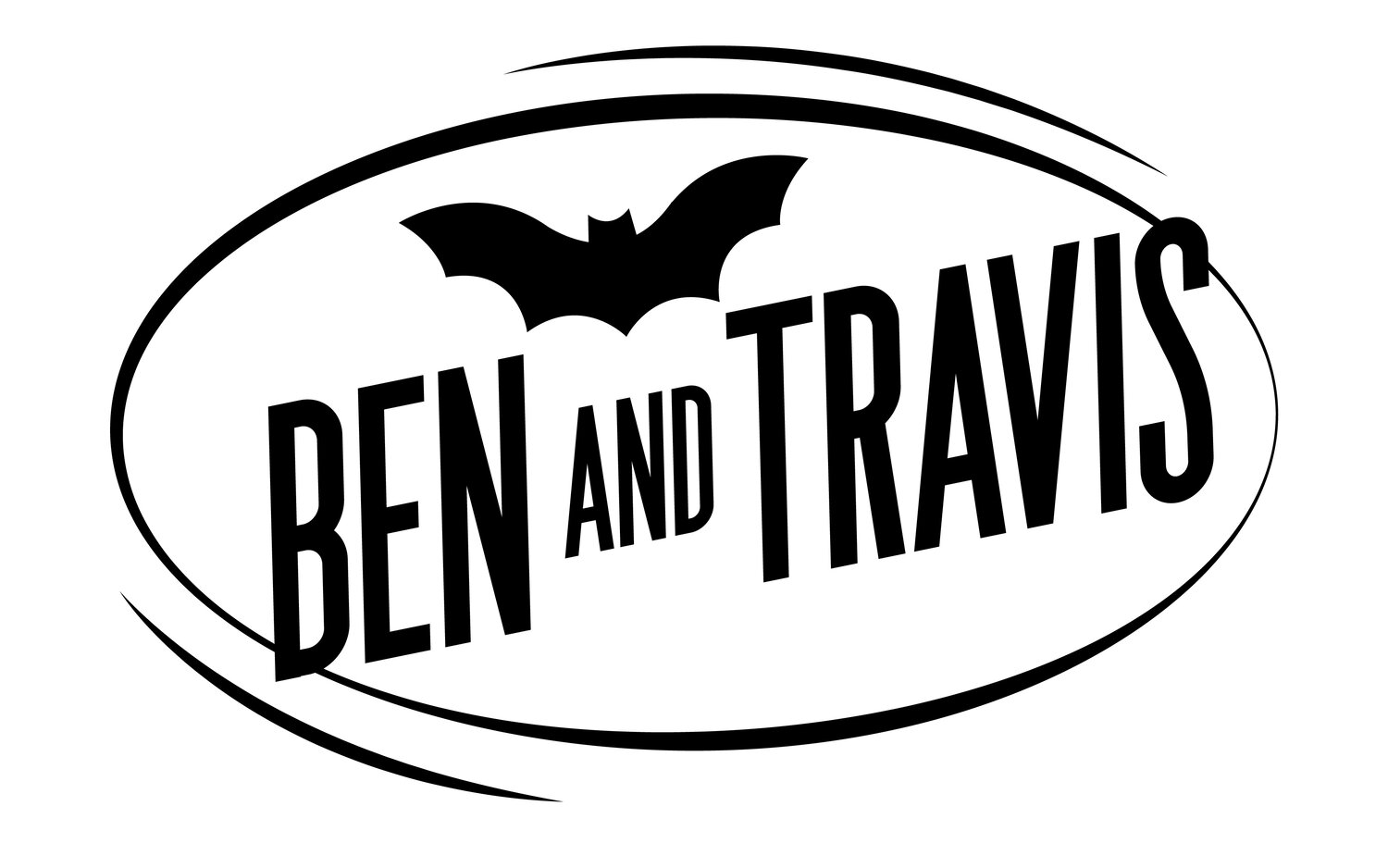The Jenkins Institute Interview with Ben and Travis
For the recent issue of “The Preaching & Ministry Journal”, The Jenkins Institute interviewed us. Hope you enjoy and look for the link for the rest of the publication down below.
What are three or four mental health issues that are common among ministers?
BEN: Anxiety among the general population has become a huge concern, and ministers do not seem to be immune. Anxiety is often, but not always, accompanied with depression. I think a lot of minsters stay anxious about their job security and if they are doing enough. Some depression come from negative thoughts about self and insecurity as well. I would say those contribute to burnout as well.
TRAVIS: I’d say “second guessing ourselves”. I know I lay awake after a day of ministering and think of how I could’ve done it better, how I didn’t make any sense or did I spend quality time with my family today.
How do you know if you NEED a counselor as a minister?
BEN: That answer may vary a little for each person. I usually think in terms of frequency and intensity of symptoms. How often are you having whatever symptoms and how sever is it? Jerry Barber shared with a group once that he goes pretty regularly just to prevent problems from arising. Prevention is the best cure so they say.
TRAVIS: If you’re human, you need one or someone to at least be your sounding board for frustration.
How do you recommend a minister find a good counselor for himself?
BEN: Well it’s tough for a minister to feel comfortable going to a counselor. First because it may be tough to find someone he doesn’t know. Second, because preachers don’t want to air out their grievances with people for fear they may give the wrong impression of the church. But reality is that the church is like all other groups of people—imperfect. So to answer the question I usually give a few local suggestions and attempt to help them understand that everyone encounters difficulties. One reason those in ministry struggle is because of that isolation (ie 1 Kings 19- Elijah running to Mt. Horeb).
Many ministers feel ill equipped for the counseling that comes to the desk/door, what are a couple of good and rather simple resources that would help one that does not want to go back and add a degree.
BEN: “Counseling for Church Leaders: A Practical Guide by Bill Bagents and Rosemary Snodgrass” I’ve not read it yet but I know those folks well and I trust what they say. Lonnie Jones has a couple of good books:
“Grappling with Life: Controlling Your Inside Space”
“Cognitive Spiritual Development”
TRAVIS: “The Helping Healing Humor with Ben and Travis” Podcast :)
When is it best to turn a person who has come to you over to a professional?
BEN: 1. When you feel uncomfortable and out of your area of expertise. 2. When the listening ear and spiritual guidance of the minister or elders doesn’t seem to be making a difference. 3. When someone is speaking of suicide it is time to contact someone that can get them into a safe place (police or family needs to take them to ER).
TRAVIS: Unless it’s something I have personal experience with cancer, foster/adoption and/or special needs loved one, I tend to turn them to a professional when depression or something like that is brought up.
A number of counselors who bill themselves as Christian counselors are not at all. Is there a way to know that before you send someone to a counselor? Are there questions you can ask a counselor before you recommend?
BEN: It’s like your physical healthcare practitioners- don’t be afraid to ask. Perhaps a couple of questions would be: 1. What theory of counseling do you hold to? You can research some of the core values. That won’t necessarily tell you everything but give an idea. 2. Are you a counselor that will support or help one with their spiritual journey. 3. Point blank: Do you have a Christian worldview?
A good counselor even a Christian one, should not push their personal beliefs on you. I’m sure it happens at times though. I tell my clients that if I’m not working for them to please be unafraid to inform me and I’ll help them locate someone who can help.
How much can a counselor tell you about the status of a client who you referred to them?
BEN: Nothing unless the client is willing to sign a disclosure form to allow you to have communication with that person.
Get the full magazine here.
